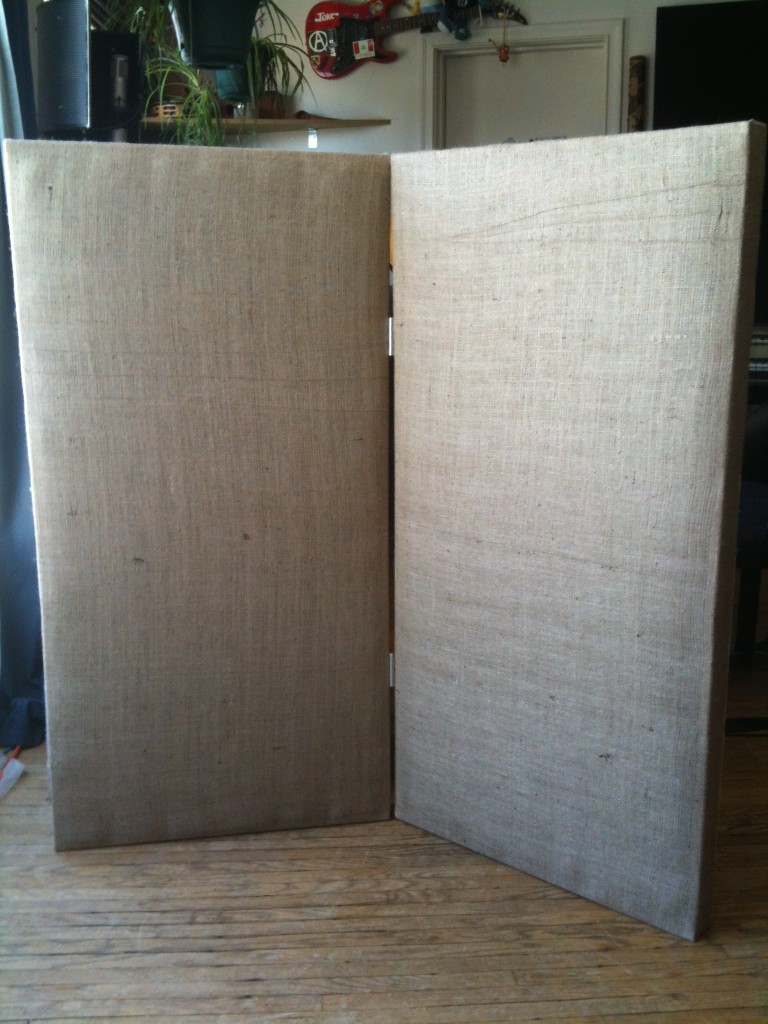TwilightOdyssey
Darkness on the edge of Tone
Re: Do mic isolation shields work?

Well, you can get phase issues from any combination of microphones greater than one, really, lol. But, yes, it really works; like anything else, though, it's not a panacea and it doesn't replace good mic'ing technique, just helps with the bleed. The best option is to have a performer/performers who can manage the dynamics of their instrument, but hi hat bleed is an eternal issue, I think.Do you find that really works? I've heard you can get comb filtering issues with that.

